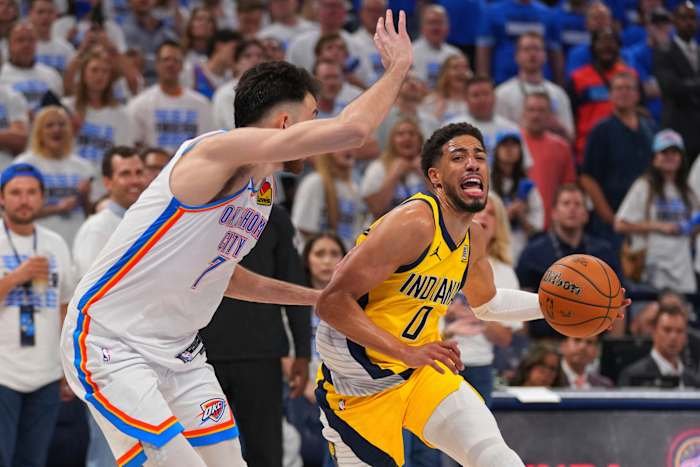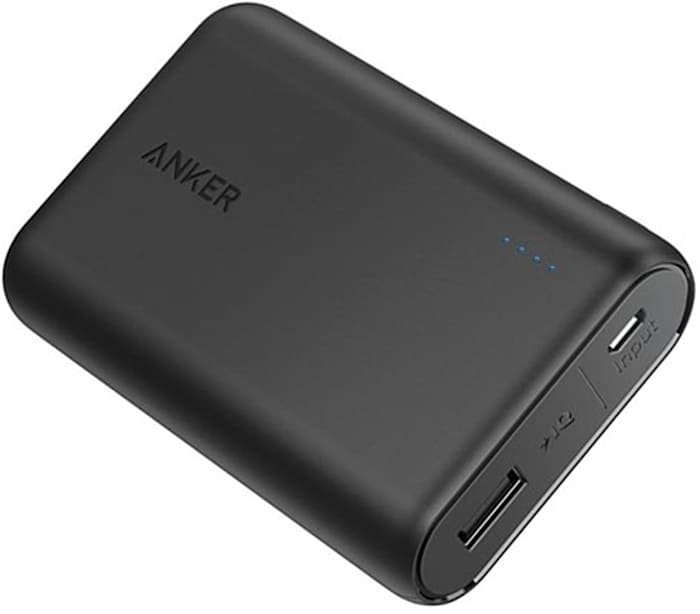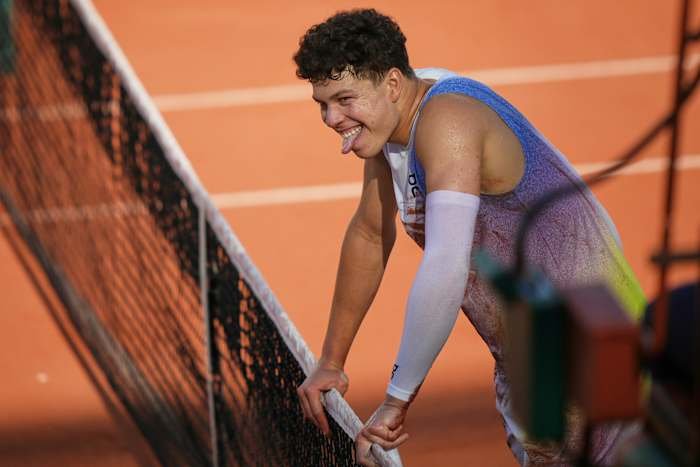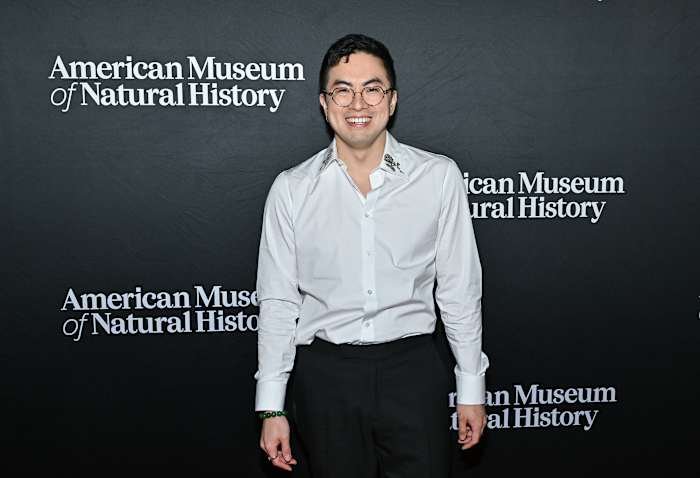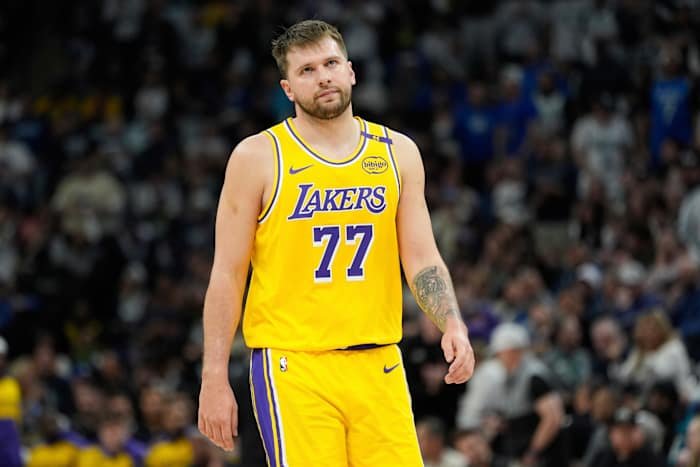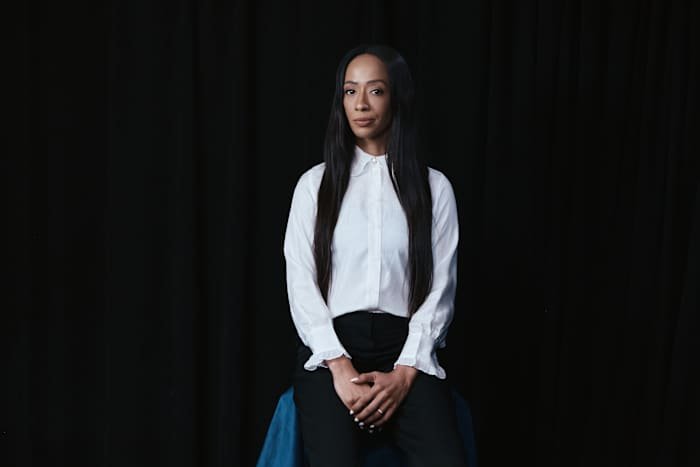Introduction
The NBA Finals are a showcase of elite basketball, where the world’s best athletes push themselves to the limit in pursuit of a championship. But as the intensity increases, so does the risk of fatigue and injury. This year, the built-in rest days between games have taken on newfound importance—especially for players like Indiana Pacers guard Tyrese Haliburton, who was seen limping after Game 5. While the Finals may feel distant from Orlando, these scheduling decisions have ripple effects on our local fans, the Orlando Magic organization, and the city’s status as a basketball hub. Let’s explore why these rest days matter, who benefits most, and how Orlando fits into the bigger NBA picture.
More Than Just a Breather: The Importance of Rest
NBA players are some of the most finely tuned athletes in the world, but even they aren’t immune to the grind of a long season. By the time the Finals roll around, many participants are dealing with lingering injuries or outright exhaustion. The NBA has prioritized player health in recent years, building extra rest days into the Finals schedule. For players like Tyrese Haliburton, who was visibly hobbled after Game 5, those extra days can be the difference between playing at full speed or sitting out a critical matchup.
This approach isn’t just good for the stars on the court—it also ensures the best possible product for fans. No one wants to see a title decided by injuries rather than skill. And for teams like our Orlando Magic, who are striving to make their own deep playoff runs in the future, the league’s focus on rest sets a positive precedent for player welfare and competitive balance.
Fan Engagement: Keeping the Hype Alive
While some fans prefer the rapid-fire pace of daily games, others appreciate the built-in anticipation that rest days create. These pauses give everyone—from casual viewers to die-hard supporters—time to dissect each game, debate key moments, and build excitement for the next matchup. For Orlando’s thriving basketball community, these gaps in the schedule are golden opportunities to gather at local sports bars, organize watch parties, and keep the Finals conversation alive on social media.
Local businesses in Orlando also benefit. Restaurants and entertainment venues can capitalize on the hype by hosting themed events on off-days, turning the NBA Finals into a multi-week celebration instead of a quick sprint. This extended engagement is good for both fans and the local economy.
Orlando’s Perspective: Lessons for the Magic
Though the Orlando Magic didn’t make the Finals this year, the team is closely watching how contenders handle the rigors of a long postseason. The Magic’s young roster is learning what it takes to compete at the highest level, and part of that lesson is understanding the value of rest and recovery. As the Magic continue to develop their core, the league’s emphasis on player health and smart scheduling is a blueprint they can follow.
Additionally, Orlando’s reputation as a top-tier sports city is reinforced every time the NBA Finals set a standard for excellence and athlete care. After hosting the NBA bubble in 2020, Orlando has proven it can support major basketball events. The city’s continued connection to league trends—like the importance of rest—keeps Orlando relevant in NBA circles and inspires local fans to dream of future Finals appearances at the Amway Center.
Player Health and the Future of the NBA
The NBA’s decision to build rest days into the Finals schedule is part of a larger trend toward prioritizing player health across the league. Load management, advanced medical staff, and an evidence-based approach to recovery are now standard practice. This benefits everyone, from superstars nursing injuries to rookies learning the ropes.
For Orlando, this focus on health and wellness is especially important. The Magic have dealt with their own share of injuries over the years, and seeing the league’s top teams take rest seriously sends a clear message: sustainable success is built on taking care of your players. As Orlando’s young stars grow into their prime, the city’s fans can look forward to a future where the Magic not only compete, but do so at full health, thanks to smart scheduling and a league-wide commitment to player safety.
Conclusion
Rest days in the NBA Finals aren’t just about giving tired athletes a break—they’re about creating a better, more competitive, and safer game for everyone involved. From Tyrese Haliburton’s recovery to the Orlando Magic’s long-term planning, the impact of these built-in pauses is felt throughout the league and right here in Orlando. As basketball fans, we all benefit from a Finals series that features the best possible talent, healthy and ready to perform. What do you think about the NBA’s approach to scheduling and player health? Share your thoughts in the comments below and join the conversation with other Orlando basketball fans!

